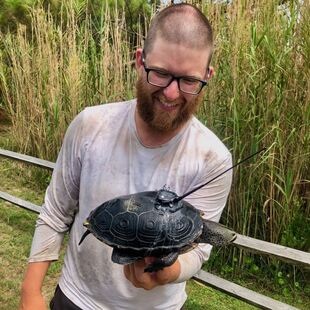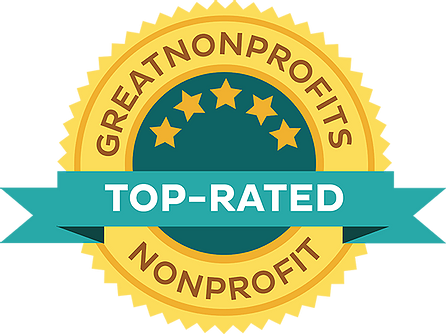2022 WINNER: Jacob Adam
PROJECT: Unlocking the Microbiome of the Endangered Puerto Rican Cave Boa (Chilabothrus inornatus)

The Project:
This study investigates the potential threat of fungal microbes to the endangered Puerto Rican Boa (Chilabothrus inornatus). Fungal microbes have been linked to the decline of reptile populations, as seen with Ophidiomyces ophiodiicola, the cause of Snake Fungal Disease (SFD), which has impacted a number of snake species across North America. Reptiles are one of the least studied vertebrate groups in terms of their associated microbes, yet their declining populations highlight the urgency to understand their microbiomes, especially in endangered species like the Puerto Rican Boa. This species, vulnerable to habitat loss, poaching, predation, and low genetic diversity, faces a new threat from O. ophiodiicola, detected in Puerto Rico in 2020.
To determine the prevalence of this fungal pathogen, the study will sample populations of C. inornatus from the western side of Puerto Rico. Using swabs from the boas' skin, microbiomes will be analyzed through microbial cultivation and DNA sequencing. The goal is to identify any harmful microbes, with a focus on O. ophiodiicola. If pathogens are discovered, the study will seek treatment options to protect the species, drawing on strategies used to combat other fungal diseases in wildlife.
In addition to targeting C. inornatus, the study will also sample other native reptiles to catalog their microbiomes. This will contribute to a broader understanding of microbial diversity in Puerto Rican reptiles, creating a valuable resource for future conservation efforts. The research aims to advance knowledge in an underexplored area of biology, providing critical insights into how microbes influence reptile fitness and survival.
This study investigates the potential threat of fungal microbes to the endangered Puerto Rican Boa (Chilabothrus inornatus). Fungal microbes have been linked to the decline of reptile populations, as seen with Ophidiomyces ophiodiicola, the cause of Snake Fungal Disease (SFD), which has impacted a number of snake species across North America. Reptiles are one of the least studied vertebrate groups in terms of their associated microbes, yet their declining populations highlight the urgency to understand their microbiomes, especially in endangered species like the Puerto Rican Boa. This species, vulnerable to habitat loss, poaching, predation, and low genetic diversity, faces a new threat from O. ophiodiicola, detected in Puerto Rico in 2020.
To determine the prevalence of this fungal pathogen, the study will sample populations of C. inornatus from the western side of Puerto Rico. Using swabs from the boas' skin, microbiomes will be analyzed through microbial cultivation and DNA sequencing. The goal is to identify any harmful microbes, with a focus on O. ophiodiicola. If pathogens are discovered, the study will seek treatment options to protect the species, drawing on strategies used to combat other fungal diseases in wildlife.
In addition to targeting C. inornatus, the study will also sample other native reptiles to catalog their microbiomes. This will contribute to a broader understanding of microbial diversity in Puerto Rican reptiles, creating a valuable resource for future conservation efforts. The research aims to advance knowledge in an underexplored area of biology, providing critical insights into how microbes influence reptile fitness and survival.


